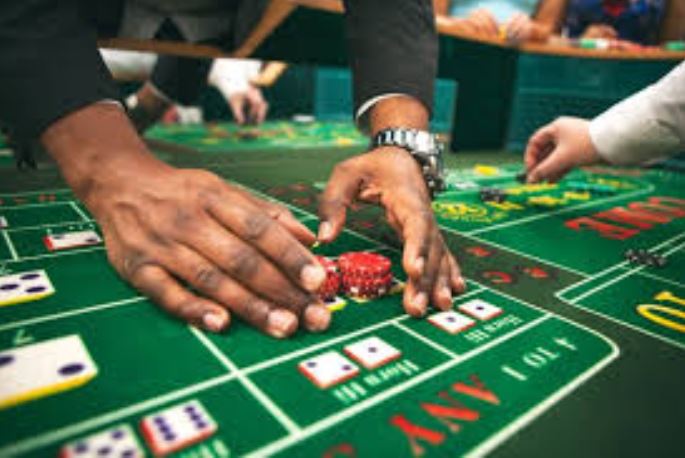×
The Standard e-Paper
Kenya’s Boldest Voice

The government has set up a multi-billion-shilling special kitty to be financed by the 20 per cent tax imposed on lottery winners and 15 per cent on betting and gaming companies.